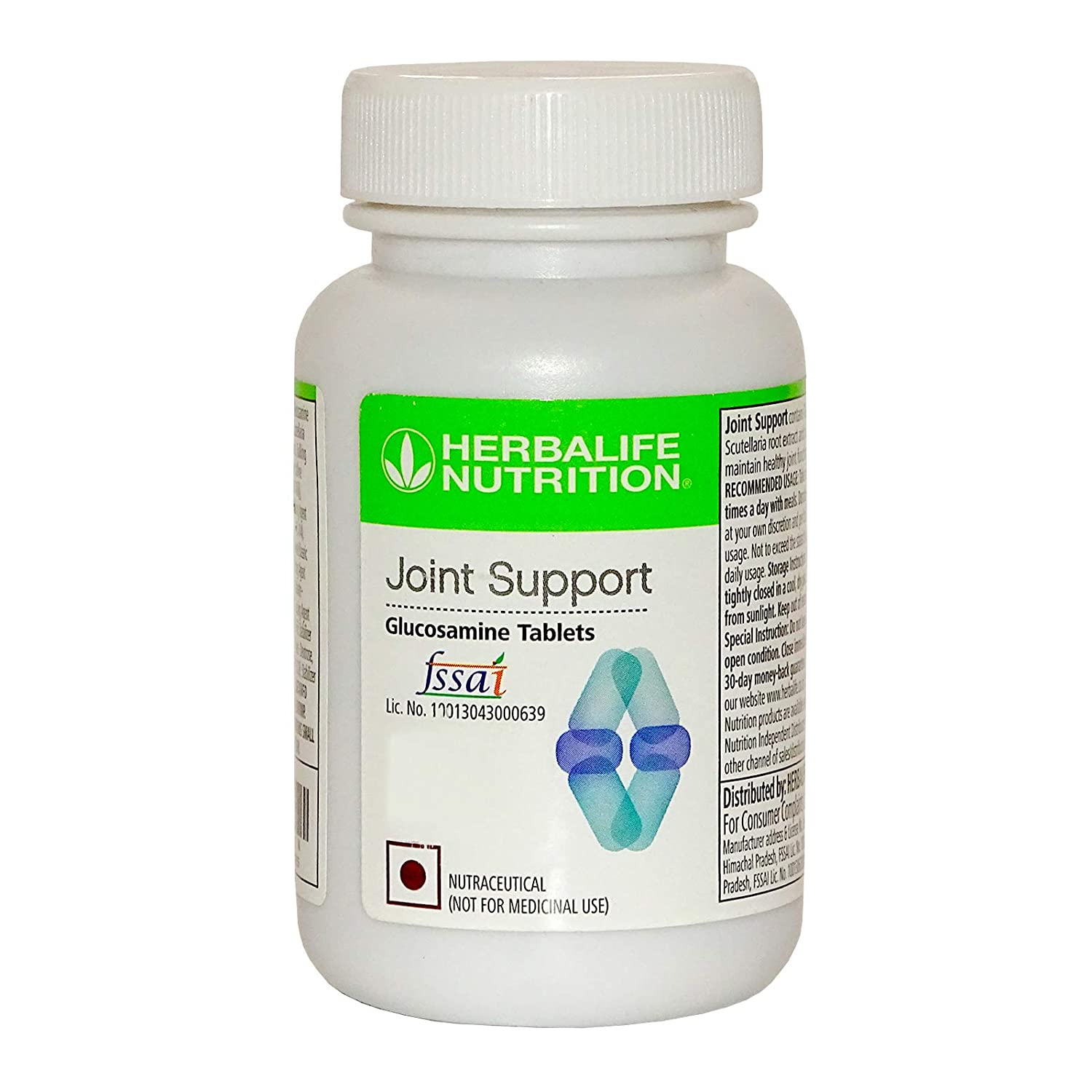Glucosamine
Micronutrient
Last update date: October 11, 2023
Glucosamine is a natural sugar. It is in the fluids present around the joints, animal bones, bone marrow, shellfish, and fungi.
Frequently Asked Questions
1.
What is Glucosamine?
Glucosamine is a natural chemical present in the human body. It is also available as supplements, such as glucosamine sulfate, glucosamine hydrochloride, and N-acetyl glucosamine. The body utilizes glucosamine to create essential compounds that build tendons, ligaments, cartilage, and the synovial fluid surrounding joints. This fluid and cartilage serve as a cushion for the joints, promoting smooth movement. Taking glucosamine supplements may aid in increasing cartilage and synovial fluid around joints, potentially preventing their degradation.
2.
What is negative impact of Glucosamine?
In general, glucosamine supplements are considered safe for most adults when used appropriately. However, some individuals may experience mild side effects such as bloating, nausea, diarrhea, or constipation. It is essential to adhere to the recommended dosage and consult a healthcare provider if any adverse reactions occur. While concerns were raised about glucosamine's potential impact on certain conditions, most research indicates that it does not adversely affect blood sugar levels in people with diabetes. Nevertheless, caution should be exercised, especially for individuals with asthma or glaucoma, and those with shellfish allergies should seek medical advice before using glucosamine supplements.
3.
Who should avoid Glucosamine?
Asthma: If you have asthma, be cautious about using products containing glucosamine, as it may worsen the condition. Diabetes: Glucosamine does not appear to increase blood sugar levels in individuals with diabetes, but it's still advisable to consult a healthcare provider before using it. Glaucoma: Glucosamine might raise the pressure inside the eye and could aggravate glaucoma. If you have glaucoma, discuss its use with your healthcare provider. Shellfish Allergy: Glucosamine is derived from the shells of shrimp, lobster, and crabs. If you have a shellfish allergy, consult your healthcare provider before considering glucosamine supplements.
4.
What are common sources of Glucosamine?
Glucosamine is not commonly found in significant amounts in food sources, necessitating supplementation. Most supplements are derived from chitin, which is sourced from the hard outer shells of shrimp, lobsters, and crabs. Therefore, individuals looking to increase their glucosamine intake will typically need to rely on supplements to meet their requirements.








